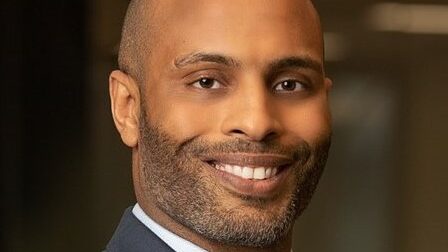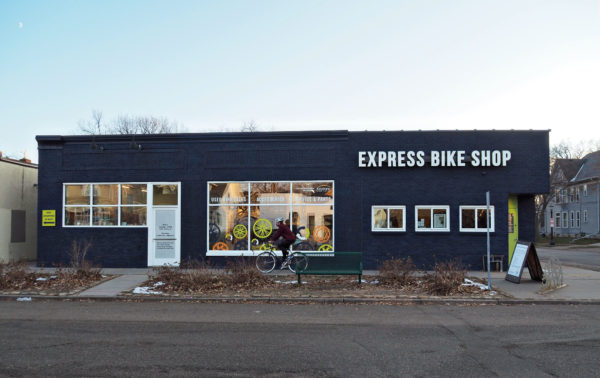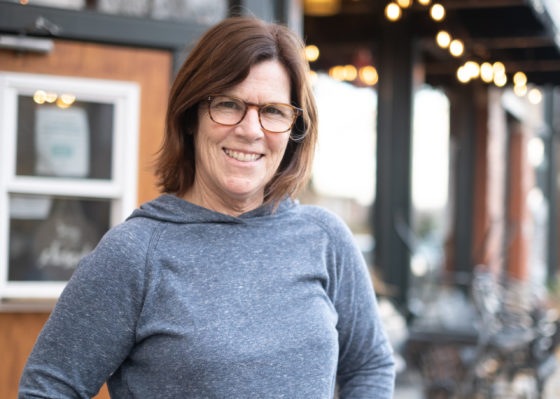Meet the candidate: Isaac Russell
Ward 3 candidate
What are your three biggest priorities if you are elected?
I believe my priorities should be the concerns of neighbors across the community. My top three priorities are public safety, core city services and roads, and building housing. It is important that we try to keep our property taxes manageable and make sure we are delivering on the basic city services residents deserve.
St. Paul has a ballot measure this year to increase sales tax in the city by 1%, with the funding going directly to improving roads and parks in the city. What is your stance on this measure to increase sales tax? What are your thoughts on the City’s current plan for how the increased funding would be spent if passed?
I intend to vote yes on the sales tax because of the backlog of deferred maintenance on our roads, but I have strong concerns about increasing a regressive tax. This increase will hurt some businesses and consumers, but this past summer has revealed the need to commit substantive resources to our infrastructure. After the courts recently stated St. Paul must stop assessing residents for street repair and property taxes continuing to squeeze homeowner and renter alike, we need a dedicated source of revenue.
We also know many parks need serious investments in their facilities, and I support some of this revenue helping to make sure our parks continue to encourage families to enjoy them. As councilmember, I fully intend to serve as a watchdog and ensure revenue raised remains dedicated to these two important services.
The West End of St. Paul, and especially West 7th, have long been considered prime redevelopment areas in the city, especially with the long planned Riverview Transit Corridor. What are your priorities related to housing and redevelopment? What is your current stance on West 7th as a major transit corridor? How do you balance those priorities with supporting small businesses in the area?
West Seventh currently is a major transit corridor for vehicle traffic. While there have been many plans discussed regarding the future of additional modes of transportation along West Seventh, a dedicated lane for Bus Rapid Transit will prove to be the most viable game in town. I believe this is the best balance between quick travel to work for residents along West Seventh while making sure people can access businesses in great need of customers. The city should actively engage with businesses to ensure street access to brick-and-mortar shops remains during construction and connect establishments to financial supports available from the State.
Regarding housing and redevelopment, I believe we must confront the challenges we face in attracting capital due to rent control. Several important projects that would have added many units of housing, including affordable units, will not be built. Furthermore, thousands of units are not scheduled to be built at Highland Bridge, and this limits our city’s tax base and increases the burden on current property taxpayers. I support smart redevelopment and believe we should pass a 30-year exemption to help encourage building homes for homeowners and renters in need.
The Minnesota Bureau of Criminal Apprehension has reported that St. Paul is experiencing vast reductions in violent and property crimes this year, putting crime rates on pace to be below 2019 levels. At the same time, St. Paul is seeing historic highs in unhoused populations in the city and annual increases in emergency response calls, including a 5% increase in 2022 alone, taxing already overburdened systems. What is your approach to addressing public safety in the city to address these and many other issues?
I believe we need a full spectrum public safety response. This includes funding our law enforcement response to address issues regarding catalytic converter theft, car theft, and property crimes people are concerned with in Ward 3. While statistics are trending in the right direction, ensuring that they continue to do so is very important to neighbors. Our public safety response also includes providing resources to our firefighters, so they can meet the demands of responding to over 60,000 calls per year.
While it is important to fund our police response, we must also look for ways to invest in programs that prevent crime. This includes providing targeted investments in youth that helps them avoid conflict, reduce gun violence, and provide healthy outlets of activity. As someone that has seen what happens when youth lacks investment, I understand the importance of helping people chart better courses in life.




